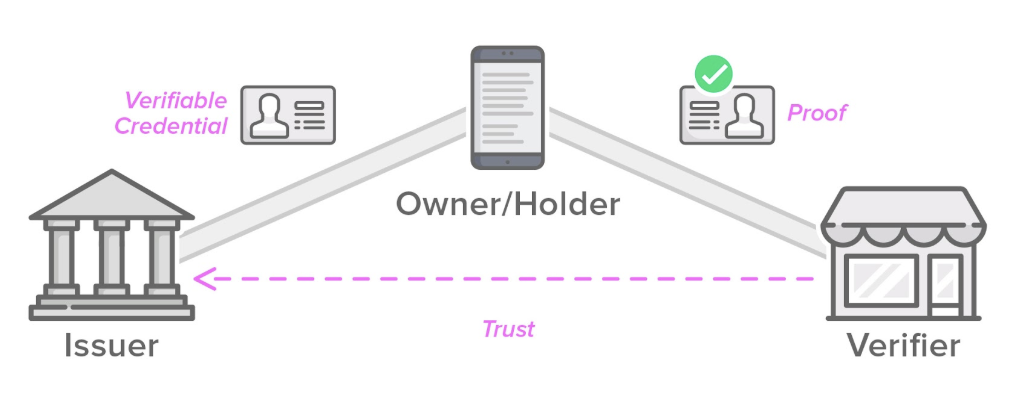
13
يوليوChecking out the Disadvantages of Irrevocable Trusts in the US
While unalterable trusts supply many advantages for estate preparation and asset defense, they also include several drawbacks that people need to thoroughly consider before establishing such a count on the United States. Understanding these downsides is vital for making informed decisions regarding whether an unalterable depend on is the best choice for your monetary and estate preparation requirements.
One significant drawback of irrevocable trust and medicaid counts on is the loss of control over count on properties. Once possessions are transferred right into an irrevocable trust, the grantor commonly can not modify or withdraw the depend on or accessibility the properties without the consent of the trust's recipients. This loss of control can be a significant factor to consider for people that value flexibility and dream to keep the capability to make changes to their estate plan in the future.
Furthermore, unalterable depends on can be complex and expensive to establish and provide. Developing an irreversible trust commonly entails dealing with experienced legal and financial specialists to draft the count on document, transfer possessions right into the trust, and make certain compliance with state and federal laws. The administrative costs associated with maintaining an irreversible trust fund, such as trustee fees, tax obligation filings, and ongoing administration expenditures, can also build up with time.
One more downside of irreversible trusts is the prospective tax obligation ramifications. While unalterable counts on offer certain tax obligation advantages, such as asset defense and estate tax obligation minimization, they can also have unfavorable tax repercussions for both the grantor and the beneficiaries. For instance, count on income is generally based on income tax obligations at potentially greater count on tax prices, and transfers of possessions right into an irreversible trust might set off present taxes if they surpass particular thresholds.
Irrevocable counts on may limit the grantor's accessibility to trust fund properties and earnings. Unlike a revocable trust, where the grantor retains the ability to access depend on assets and revenue during their lifetime, possessions held in an unalterable trust are usually not easily obtainable for personal use. This absence of liquidity and monetary versatility can be a significant downside for people that may need accessibility to count on properties for unanticipated expenses or emergency situations.
In verdict, irreversible depends on supply numerous advantages for estate planning and asset defense in the US, however they also include a number of disadvantages that individuals need to meticulously take into consideration. Loss of control over trust possessions, intricacy and costs of facility and administration, prospective tax obligation ramifications, and restricted access to count on assets are amongst the key downsides of unalterable counts on. Prior to developing an irrevocable trust medicaid count on, people ought to consider these negative aspects against the potential advantages and talk to skilled lawful and economic specialists to identify the most appropriate estate preparation approach for their particular demands and goals.
 As soon as properties are transferred into an irreversible trust fund, the grantor normally can not modify or withdraw the count on or accessibility the assets without the permission of the trust fund's beneficiaries. Unlike a revocable count on, where the grantor keeps the capability to access trust fund properties and income throughout their life time, possessions held in an irreversible count on are normally not easily obtainable for individual use. Loss of control over trust properties, complexity and expenses of facility and administration, possible tax obligation ramifications, and minimal access to count on possessions are among the vital drawbacks of irreversible trust funds.
As soon as properties are transferred into an irreversible trust fund, the grantor normally can not modify or withdraw the count on or accessibility the assets without the permission of the trust fund's beneficiaries. Unlike a revocable count on, where the grantor keeps the capability to access trust fund properties and income throughout their life time, possessions held in an irreversible count on are normally not easily obtainable for individual use. Loss of control over trust properties, complexity and expenses of facility and administration, possible tax obligation ramifications, and minimal access to count on possessions are among the vital drawbacks of irreversible trust funds.



